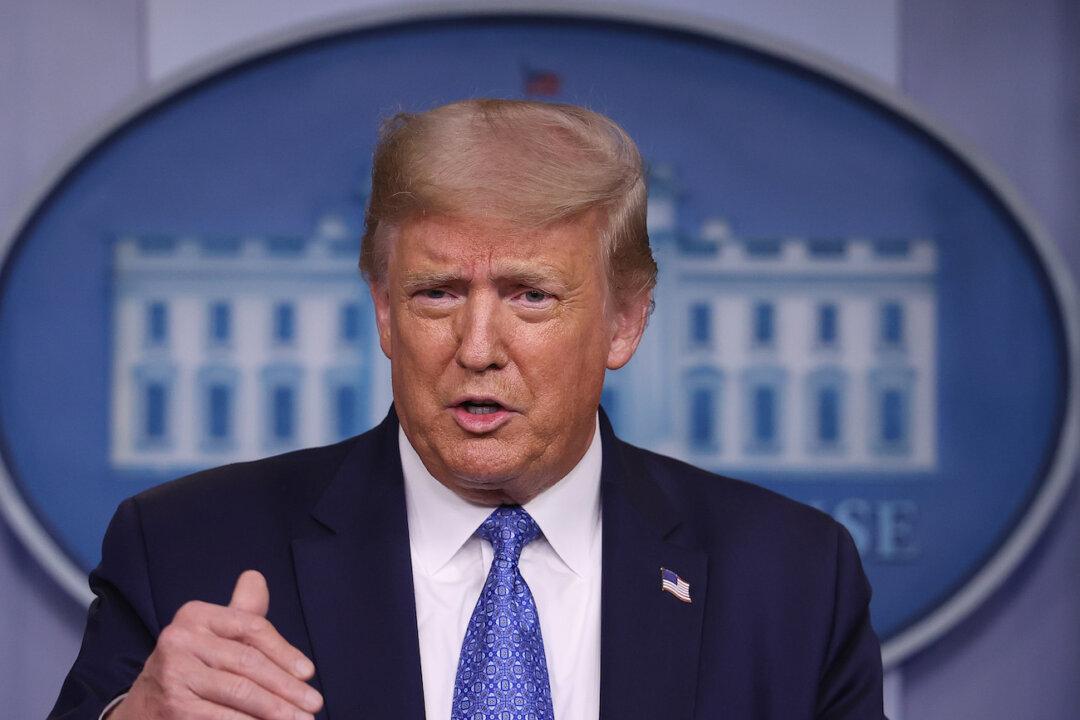President Donald Trump on Thursday morning suggested a delay to the 2020 election over the possibility it could be rigged via mail-in voting.
“With Universal Mail-In Voting (not Absentee Voting, which is good), 2020 will be the most INACCURATE & FRAUDULENT Election in history. It will be a great embarrassment to the USA. Delay the Election until people can properly, securely and safely vote???” he wrote in a statement on Twitter.





